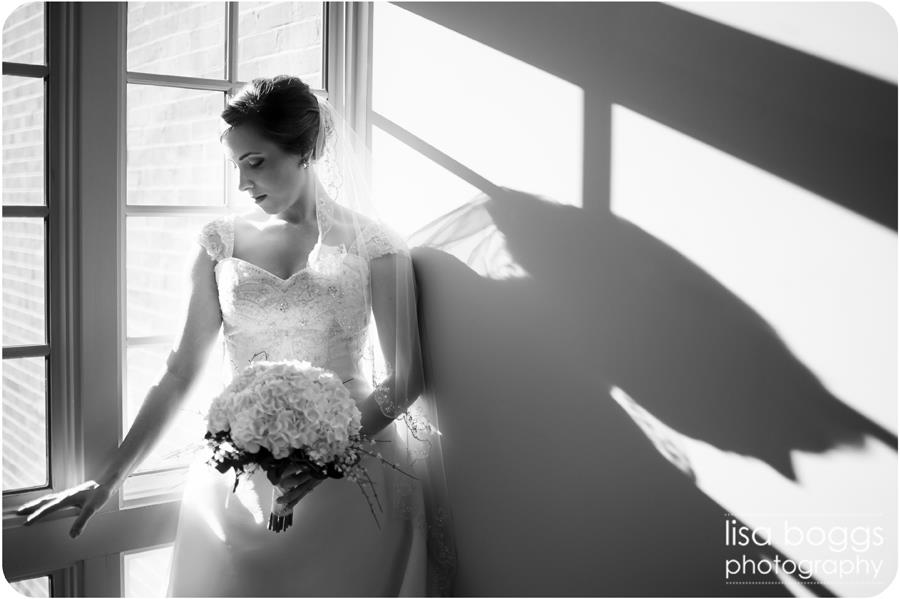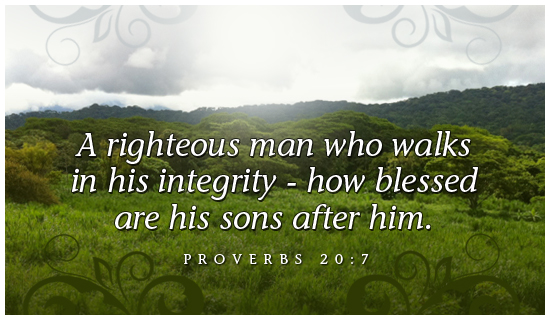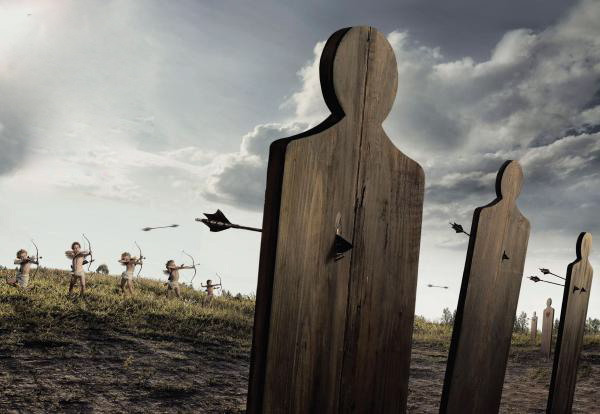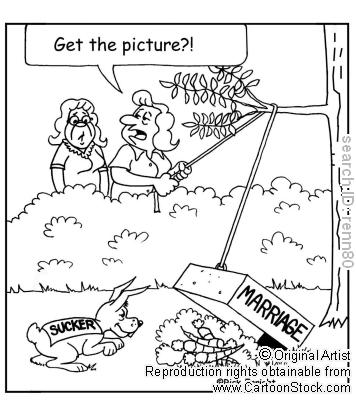There’s a French expression that doesn’t quite translate into English: “like a hair on soup.”
You’re having coffee in Starbucks and enjoying the alone-time when someone you vaguely know intrudes on your peace and quiet…like a hair on soup. That’s the gist of it.
One week ago, while on a short trip to visit supporters, meet with MKs, and witness the marriage of a precious former student (above), I stood in a wedding reception feeling very much like a graying strand of hair floating on a bowl of social soup.
Actually, I wasn’t alone. I was attending Maggie’s nuptials with my designated “plus one,” that tag-along friend who lends conversation to awkward silence and offers companionship to alone-in-a-crowd symptoms like cold sweat, a frozen smile, and fidgety hands. At this particular wedding, sadly, my “plus one” was my cell phone. While jovial throngs of strangers crowded around lavish catering tables and yelled over the sound of an 80s-reminiscent wedding band, my “plus one” and I huddled in a dark corner by the gift table and engaged in a few rousing games of Solitaire. With the wedding party out with a photographer, I knew not a soul in the madding crowd.
When Solitaire lost its appeal and my Words with Friends competitors failed to respond to my literary gauntlets, I found myself feeling more single than I have in a very long time. I was all dressed up, sporting four-inch wedges…and hiding in the shadows cast by an overflowing gift table. It wasn’t a woe is me moment. It wasn’t a particularly enjoyable moment either. It was one of those very ripe moments when wedded bliss and relational independence merge into philosophical musings.
I am a single woman. It’s not an affliction and it certainly isn’t a curse. It’s a relational status, one that seems to cause a bit of discomfort among married peers who wonder whether condolences or congratulations are in order. It’s hard for anyone to know how to respond to singles when there are such broad differences among us. Stereotypes pigeonhole us into manageable sameness, but we’re as diverse as the gift-wrapping on a table full of wedding presents.
I spend a lot of time talking with young women about the lives they dream for themselves. The conversations often turn to marriage and motherhood, aspirations that seem to come built-in to the identity of a majority of growing girls. Some would tell you it’s society that imposes the yearnings. I believe they’re hardwired into our souls by the Creator who designed us for relationship and initiated the first marriage by creating Adam and Eve of and for each other.
The problem is that sin and society have evolved in the millennia since Eden. Eve didn’t have to read self-help books, hone her small-talk skills, or photoshop her eHarmony profile pics. When she breathed her first breath, she found one man before her—one good and God-fashioned man. He wanted no one but her and she wanted no one but him. And both were initially sinless. How simple.
The greatest inhibitor of marriage today is sin. Don’t get me wrong—I am NOT saying that being single is a sinful state. Some of the most admirable and godly women I know are unmarried, and most of them are thriving (God doesn’t diminish our potential to live a full life and influence our world because we are unwedded!). What I’m trying to say without offending or oversimplifying is that sin has perverted our relational universe.
- Sin has made both men and women prone to relationship-ending flaws.
- Sin has altered the check-lists we keep for prospective spouses (kindness and godliness have slid to the bottom of lists where sex-appeal, wealth, or notoriety now reign supreme).
- Sin has eviscerated marriages that were initially God-centered and good, causing cynicism about an institution that at its root is noble and rewarding.
- Sin has caused society to judge and diminish those whose relational status is deemed pitiful or incomplete.
- Lastly—and perhaps most importantly for young people with matrimonial aspirations—sin has dramatically and tragically limited the number of Christ-believing men (and women) available for marriage.
When a young lady tells me how committed she is to finding a man who is devoted to Christ and a pursuit of righteousness, I gently point out that her high standards may also be a commitment to singleness. If she truly desires to marry without compromising essential values, she just may not find the man who “fits the bill.” In the Christian world, it seems that deeply spiritual single females outnumber similarly-minded single males nearly two to one. There’s no arguing with that math.
Adding to the lopsided playing field is the Biblical gender-role paradigm that makes men the pursuers and women the…wait-and-hopers. If a single man has the desire to be married, he starts shopping around until he finds the woman who matches his ideals and proposes to her. If a single woman has the desire to be married, she must somehow let men know that she’s available, then wait and hope that some bachelor who isn’t too flawed will actually ask her on a date, then pray that he likes her enough to pursue a relationship that may culminate in a slow walk down a petal-dusted aisle.
In traditional Evangelical settings, the single woman has nearly no control over the mechanics of courtship. Some would suggest we need to alter the paradigms we adhere to in order to allow women to take the lead in mining for diamonds. I’m not sure I agree with that, though I understand the impulse. The ability to actively shape one’s relational future in our culture does generally belong to the male party…and we’ve already established the scarcity of willing and qualified Men of God.
So how do single women respond to being unmarried? Some thrive, some thrive-and-yearn, some just yearn, and some despair. It would be a mistake to generalize all singles as being incomplete, unhappy or bitter. In my case, I am joyful, engaged in vital work and taking full advantage of the freedoms and bonuses of living unattached. I am also intimately aware that there is a marrow-deep longing in me for a relationship that transcends anything that is possible in the realm of singleness.
To be completely honest, I am equally aware that going from thriving-single to married would require some sacrifices and concessions I’d find difficult to make. But that core-level yearning outweighs the hesitation. I’ve had dear friends try to talk me out of the longings, explaining that they’re manufactured by societal expectations, that they’ll fade when my hormones die down (!), or that men are mostly jerks, so who needs them anyway. I’ve seen friends decide they hate the thought of marriage because it makes it easier to live without it.
But I’m not willing to sacrifice the desire for dual-oneness placed in me by God for the sake of practicality. I believe that stifling the longing in that deeply feminine part of my being would deaden all the other attributes that reside in that same place of tender womanness: nurture, intimacy, sensitivity, compassion, empathy… I’m not ready to part with those in order to live longing-free. But I am prepared to see those longings unmet in this life.
For a few years, I toyed with the idea of being “called to singleness.” It sounded noble and purposeful. An irrefutable response to having been overlooked in those marriageable years when single men, bursting with lionesque pursue-and-conquer élans, turned bride-baiting into something akin to target practice.
I know—I know—that I’m stepping into sensitive territory, so please read the following with my good intentions in mind! I believe it is wrong to assume that ALL single women are “called” to singleness. That simply isn’t true. Though I’ve known some single women who truly do feel that being unmarried was God’s expectation and plan for them, I know an awful lot of others who, faced with no matrimonial options, tried to mitigate the emotional toll of their aloneness by naming it a Calling.
A woman who feels that no man will ever love her or that she is unworthy of affection may square her shoulders and declare she wasn’t destined for marriage in the first place. And who could blame her? By shifting the burden from her perceived inadequacy to God’s demand on her life, her singleness isn’t her failure to attract a husband anymore, it’s a higher, nobler Calling!
Again, some women truly are called to singleness, but at the risk of causing controversy, I’d suggest that many of those who claim that mantle are doing so to lessen the stigma of being found (in the world’s eyes) unwanted or unworthy.
There is so much—so much—more to be written on this topic. “Singleness in ministry” is something I might tackle in the future…along with a litany of debunkable assumptions about unmarried women. But I’ve gone on long enough this time! In closing, may I offer a handful of practical suggestions for those courageous readers who have made it this far?
- Don’t assume that all singles are like-minded. Again—some thrive, some thrive-and-yearn, some just yearn, and some despair. Before arranging blind dates or making light of the situation, you may want to do some gentle probing.
- A single person is a “social unit” in the same way that a couple forms a “social unit.” You wouldn’t normally force two unrelated couples to share a hotel room at a conference. Yet it’s systematically expected of singles. Forward-thinking organizations should budget in such a way that singles who desire private accommodations can have them at the same cost as couples who’d rather not room with strangers.
- Don’t view singleness as a failure or loss. Remember the mathematical and moral discrepancies in the marriageable segment of our society, allow for individual choices and honor the role of Divine Calling.
- If you see a single woman in four-inch heels standing by the gift table at a wedding reception playing games on her cell-phone, avoid references to hairs floating on soup.









Auntie Lou
Good thoughts Michele! On February 29th, Sadie Hawkins Day, I thought I would look around for someone to whom to propose, since that is the tradition on that date. Unfortunately no one materialized, so here I am waiting for the next Sadie Hawkins Day, four years hence! Seriously, some are single by choice, some by chance and some by life’s twists and turns. The important thing to remember is that whatever the reason, you are always cherished by a God who sees and understands where you are standing right now and His hand is there if you need Him. You may be single, but you are singly His!
Kevin McCray
I am a happily married, 69 year old Christian man. I happened on this article by “accident” and enjoyed reading it. My wife and I know several single young ladies, and some young men, who long to be married. This article was most enlightening. May God bring you a godly man in 2024. 🙏